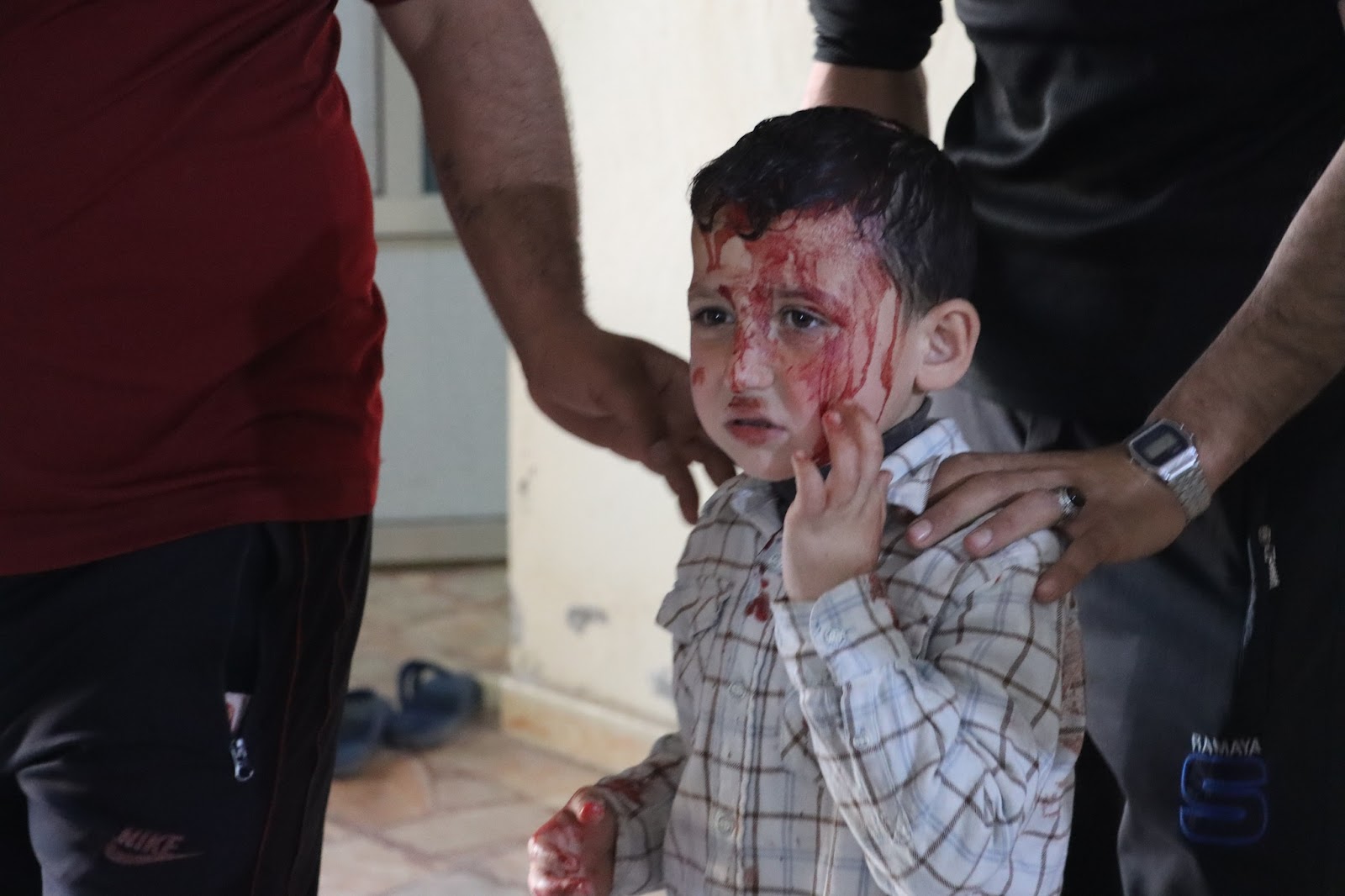The United Nations has voiced its apprehension regarding the ongoing impact of hostilities on civilians in northwestern Syria during the holy month of Ramadan, with the latest incident being the shelling that struck the town of Sarmin in the Idlib countryside by Assad regime forces.
According to United Nations spokesperson Stephane Dujarric, the bombing targeted residential neighborhoods in the Sarmin area of Idlib on Monday, resulting in the death of a seven-year-old girl and injuries to nearly ten others, including three women and three children. Dujarric added that the bombing also caused damage to a school in the vicinity.
Just the previous Sunday, a car bomb detonated in a crowded market in Azaz, north of Aleppo, claiming the lives of at least eight individuals, including children and a pregnant woman, and injuring numerous others.
Deputy Regional Humanitarian Coordinator for Syria, David Cardin, conveyed his condolences to the families of the victims, emphasizing that civilians must never be subjected to such attacks.
Dujarric noted that since the beginning of the year, at least 11 people, including two girls, have lost their lives due to hostilities in northwestern Syria, with approximately 50 others sustaining injuries, including 16 children.
President of the Syrian Opposition Coalition (SOC), Hadi Al-Bahra, urged the international community to recognize its responsibilities toward Syria, asserting that any delay in achieving justice and holding perpetrators of war crimes accountable, as well as the failure to find effective means to advance the political process in accordance with UN Resolution 2254, translates into more innocent bloodshed and the plight of displaced individuals.
Al-Bahra questioned how long it would take for the world to comprehend that the Assad regime’s relentless targeting of civilians and its refusal to engage in the UN-sponsored political process will perpetuate killings and war crimes against civilians, further destabilize peace and stability in Syria and the region, and exacerbate crises.
(Source: SOC’s Media Department)












